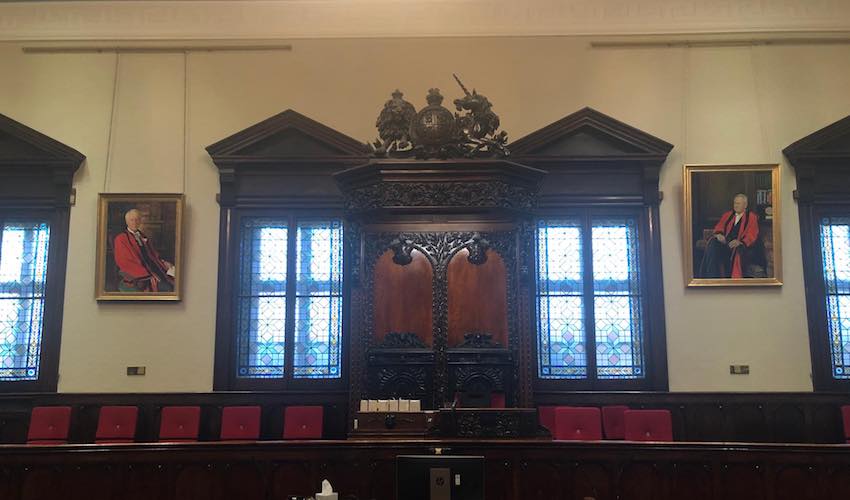

The Royal Court has for the first time set out the approach to obtaining records in cases involving individuals making allegations against the Government for failing to protect vulnerable individuals.
Under the approach, a complainant’s legal advisers and experts will be allowed access to unredacted documents to challenge any potential redactions.
The judgment arose following a case in which the Children’s Services were accused of having failed to take appropriate steps to protect an individual alleged to have been at a real risk of harm from their birth parents as a child.
Advocate Matthew John Thompson, Master of the Royal Court, explained that while his judgment set out the approach to be taken in cases involving allegations of breach of duty against the Children’s Services generally, it may also apply to other cases involving “an allegation of “a failure by a government department or agency to protect a vulnerable individual where allegations of breach of duty are made and where the relevant department is holding sensitive information about a plaintiff and others involved including members of that plaintiff’s family”.

Pictured: The Royal Court case focused on who should see “sensitive information” and on what terms.
The case, he explained, focused on who should see “sensitive information”, which include information about or from a plaintiff, sibling(s), parents, foster parents, adoptive parents, other non-professional carers involved with a plaintiff’s care or individuals who were in contact with a plaintiff at the relevant time, and on what terms.
Advocate Thompson noted that in the present case, the Government had provided redacted documents to the plaintiff and invited them to set out which of the redactions they didn’t agree with, an approach he said he hadn’t been “impressed” with due to it going against authority. He also described the approach as an attempt “to persuade the plaintiff’s advisers to agree to redactions when they did not know (as distinct from any educated guesswork), what had been redacted or why.”
The Master of the Royal Court eventually concluded that a plaintiff’s legal team and relevant experts should have access to unredacted documents so that they could consider whether or not the plaintiff involved had a case to bring forward as well as what, if any, redactions to challenge.
He explained that while a plaintiff cannot see unredacted documents due to the risk of revealing sensitive information, it was important they had “confidence” the redactions made by the Government were justified.
“It is essential, as far as can reasonably be achieved, that a plaintiff has confidence in any determination of what documents that plaintiff may see even if the plaintiff does not like the outcome of such a process,” he wrote.

Pictured: Access to unredacted documents will be given to a plaintiff’s legal team and relevant experts so that they can consider whether the plaintiff has a case and whether any redactions should be challenged.
In the present case, Advocate Thompson said the documents should only be shared between legal advisers and specific experts he has authorised and can’t be discussed with anyone else or used to approach anyone else.
“Any breach of any such order would be a contempt of court as well as the strong possibility of a referral to relevant professional bodies for disciplinary action,” he warned.
He also added that he expected all parties and their advisers involved in sensitive cases of this type to cooperate fully so that the question of redaction does not become a “battleground”.
“Individuals such as the plaintiff in the present case are entitled to review decisions taken about them and, with the sort of safeguards that are referred to in this judgment, to access relevant material to enable such a review to be carried out,” he wrote. “From all sides requests for information to enable such a review to take place should therefore be handled sensitively and with co-operation by using the safeguards referred to in this judgment. They should also be dealt with as promptly as can be achieved in the circumstances of each individual case.”
Comments
Comments on this story express the views of the commentator only, not Bailiwick Publishing. We are unable to guarantee the accuracy of any of those comments.